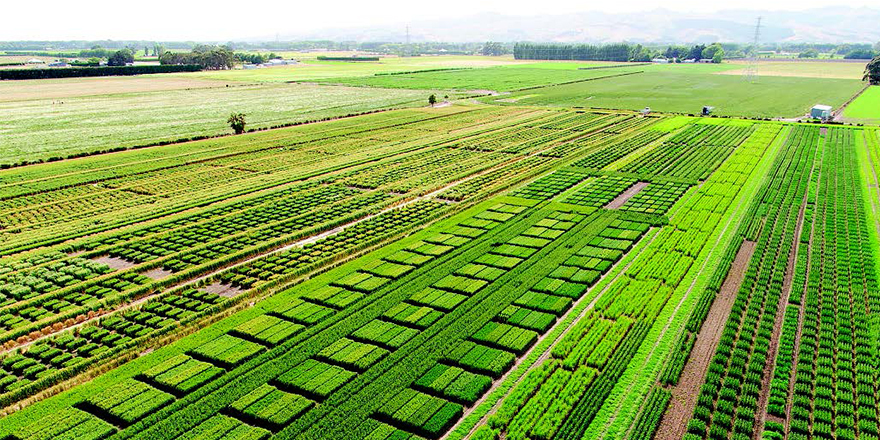New Zealand exported a total of $37 billion in agri-food products in 2015 – yet KPMG (2016) estimates those same products ultimately generated more than $0.25 trillion dollars in retail sales when sold to consumers around the world. The challenge was how we forge new pathways that will help us capture more share of the export pie? The aim of this report is to investigate how New Zealand could utilise e-commerce as a sales channel to get closer to our customers and provide less volatility in niche markets. My study involved immersing myself in global markets to observe how customer’s and consumers purchased our products, how we could get closer to them and how we could build world leading e-commerce solutions. When I started my research into e-commerce sales I focused initially on the internet. However, this quickly changed to looking at mobile sales platforms and how they were disrupting our traditional supply chains. How we buy and consume our food and beverage products is changing globally and traditional supermarkets are struggling to find ways to be relevant.
The key insights that I observed was the growth of mobile first e-commerce platforms globally, and the frequency of transactions involving food and drink products particularly in Asia n countries. One important statistic was that one in five Chinese e-shoppers wants to buy products from New Zealand which is currently 156 million people. E-commerce was also the fastest growing sales channel globally with double digit growth. Another important statistic for New Zealand was the growth in B2B selling via e-commerce which will be twice the size in value of the B2C market by 2020.
Key elements of a successful online sales strategy that need to be considered are mobile first platforms, leveraging the dominant ecommerce marketplaces and accepting foreign forms of payment relevant to the market you are selling in. In addition to this, businesses need to consider both B2B and B2C strategies that are different but both online in nature. New Zealand agri-food companies also need to collaborate together to have ‘pop up stores’ in crucial New Zealand markets to attract customers to the online offering. The final finding is how you leverage existing companies with dominant ecommerce marketplaces and customer bases to grow your brand without losing to much of your margin.
Traditional relationship-based sales channels have serve d New Zealand well in the past. However, as we move into the future both business customers and consumers will be made up of millennial and Gen Z individuals who have lived their whole lives immersed in mobile technology. They no longer value face to face relationships like previous generations and prefer convenience and speed of technology when doing business and consuming products. We need to focus more on these consumers as they will be the dominant purchaser by 2030.
The humble mobile phone has not replaced retail or the face to face selling of food, it has just internationalised it and made it more accessible globally with simpler supply chains connecting producers direct to the customer. Businesses such as Alibaba, Tenpay and Amazon are disrupting how consumers interact with retailers and farmer producers and bypassing the traditional banking systems we are so used to. If you want your business to remain relevant in a constantly changing global market place you need to read this report!
Keywords for Search: Jason Rolfe




